So We are ATM Fathers
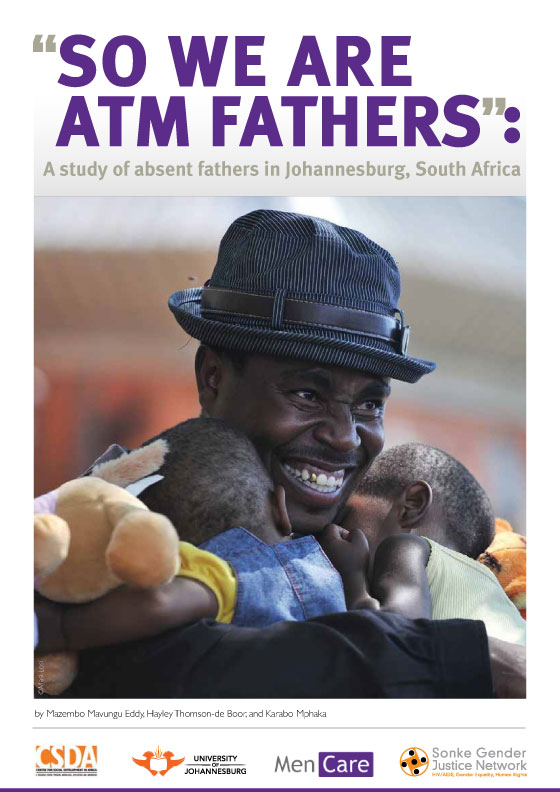
South Africa has an exceptionally high number of absent fathers with approximately half of the children in the country living without daily contact with their fathers. This situation presents social and developmental challenges. Although a father’s physical presence alone is not necessarily a positive outcome in itself, widespread father absence has detrimental consequences for families […]
United Nations Trust Fund to End Violence Against Women

The work of the UN Trust Fund to End Violence against Women is driven by a commitment to deliver on the promise to prevent and end human rights violations against women and girls. Every day, UN Trust Fund grantees make a direct impact on the lives of women and girls and promote equality from the […]
Male Involvement in the Prevention of Mother-to-Child Transmition of HIV
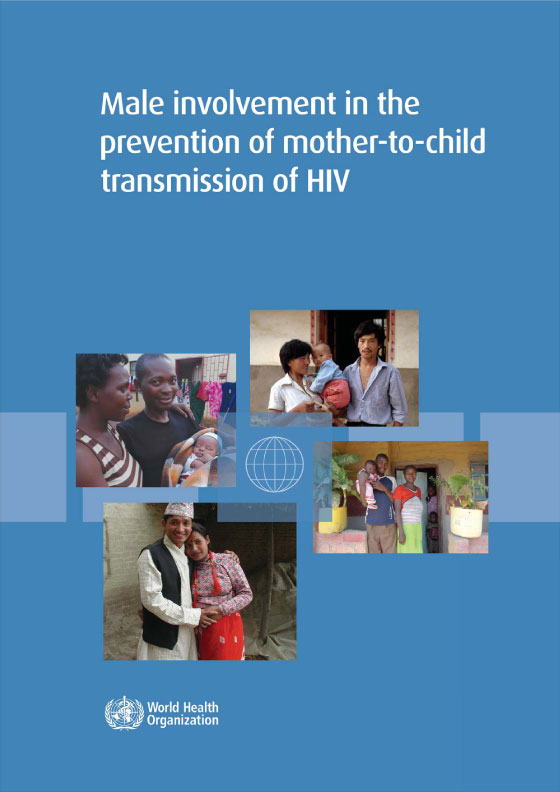
In 2009, 370 000 children became infected with human immunodeficiency virus (HIV) globally. Nearly all of these children acquired HIV through mother-to-child transmission. Ninety per cent of them live in sub-Saharan Africa. The World Health Organization (WHO) and Joint United Nations Programme on HIV/AIDS (UNAIDS) guidance calls for a global response that is centred on, […]
Community Innovation
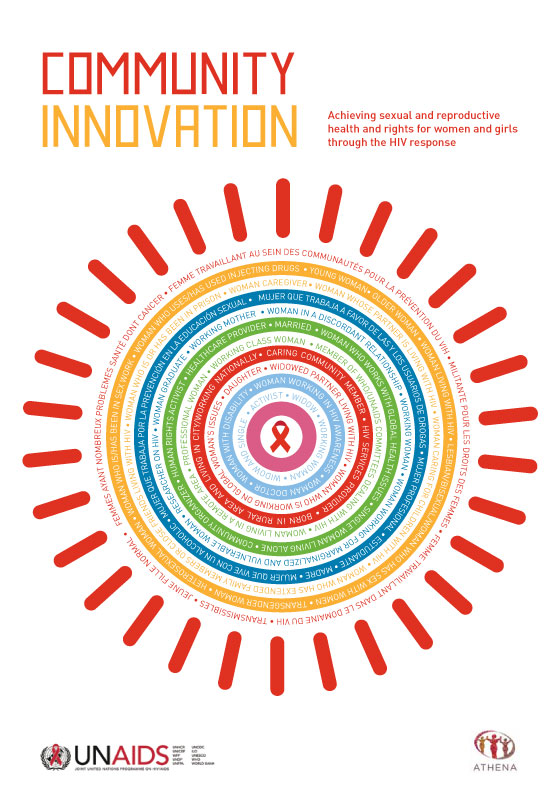
The case studies in this report, from across sub-Saharan Africa, South Asia, Europe and Central Asia, Latin America and North America, highlight the rich diversity of community initiatives that bridge sexual and reproductive health and rights and HIV. The report has a strategic emphasis on the innovation that is being led by women living with […]
The HIV Epidemic in South Africa

This review of the HIV epidemic in South Africa is one of four component reports of an assessment of the HIV epidemic and prevention response in South Africa. The assessment was commissioned by the Government of South Africa and realized jointly by several partners and contractors, under the coordination of the UNAIDS secretariat in South […]
Stopping Violence Against Women and Girls for Effective HIV Responses

This issue brief is part of a series published by the Global Coalition on Women and AIDS (GCWA), designed to provide information on women’s rights and gender equality issues in the context of HIV. This brief describes the links between violence against women and HIV, with a focus on what is needed to better address […]
Deportation and Public Health
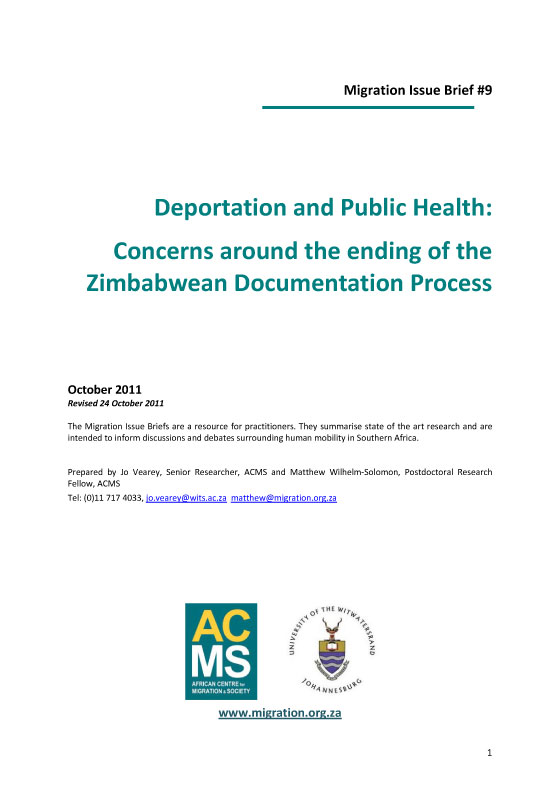
This issue brief highlights the public health concerns around the ending of the Zimbabwean Documentation Process (ZDP) and provides a quick reference guide and background on deportations and public health in South Africa. Migrant groups and medical support organisations have reported continual problems with the deportation process in South Africa including: lack of access to […]
Uniting for Peaceful Resistance Against Poor Economic and Democratic Governance
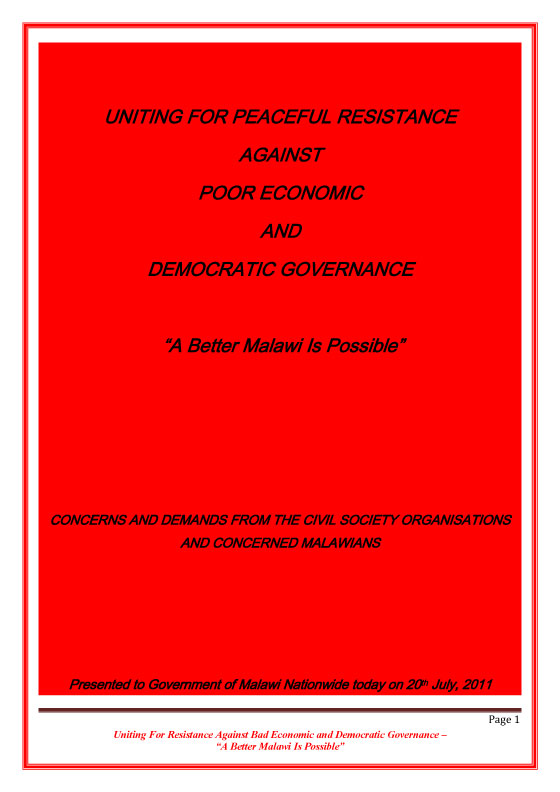
In legitimate exercise of the rights and freedoms enshrined in the Constitution of the Republic of Malawi, Members of Civil Society have joined hands with Workers, Faith Communities and Concerned Citizens from all walks of life, to hold peaceful country-wide mass demonstrations today, the 20th July 2011 upholding the theme: “Uniting for Peaceful Resistance Against […]
Innovative Women- and Girls-Centered Approaches
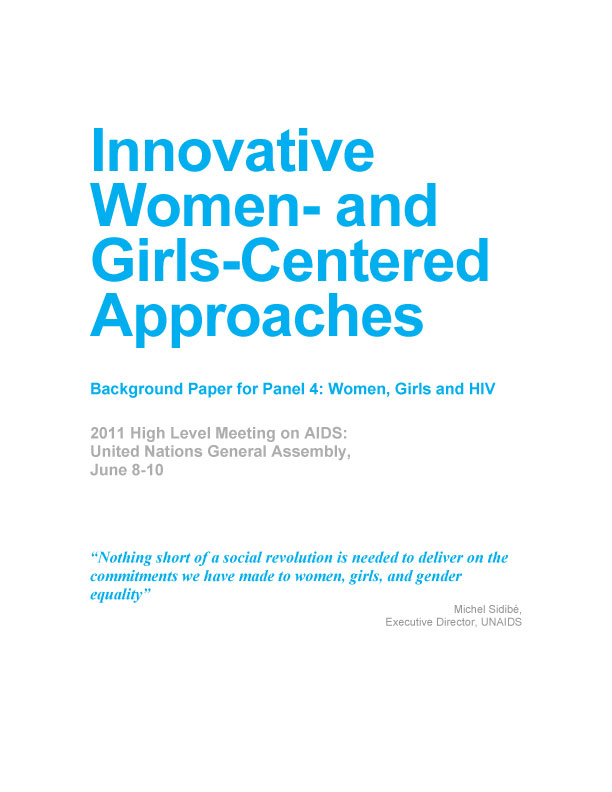
A review of HIV interventions for women and girls has identified groundbreaking interventions that were able to trigger change in the HIV response and served as game changers. This paper highlights a sample of these interventions, drawn from a review of the literature and consultation with more than fifty civil society organizations. It identifies some […]
Roundtable discussion on the Prevention and Eradication of Sexual Violence in Correctional Centres
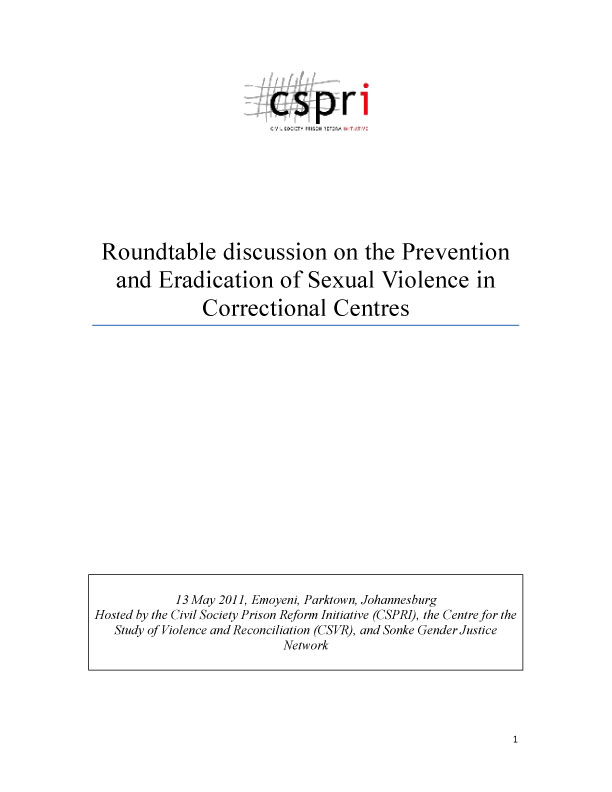
The roundtable discussion was hosted by the Civil Society Prison Reform Initiative (CSPRI), the Centre for the Study of Violence and Reconciliation (CSVR) and Sonke Gender Justice (Sonke). The discussion was attended by representatives from civil society organisations, national human rights institutions and government officials. The following paper provides on overview of the discussion and […]
Men, Masculinities and HIV/AIDS
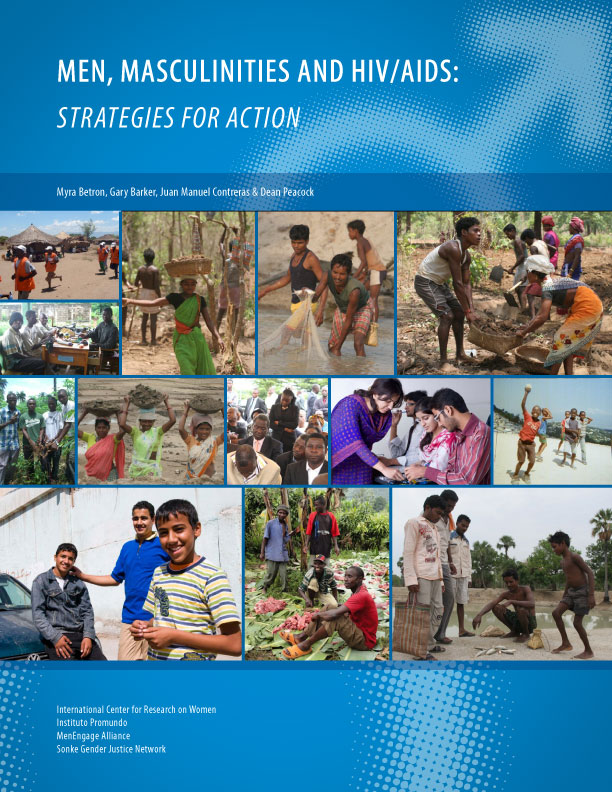
The purpose of this paper is to provide practical guidance to policymakers and program managers on how to engage men and address harmful male norms in seven key areas of intervention in relation to HIV/AIDS: (1) Social and Behaviour Change in Men; (2) Violence against women; (3) Men, Sex Work and Transactional Sex;(4) Men, Substance […]
Addressing violence against women and HIV/AIDS
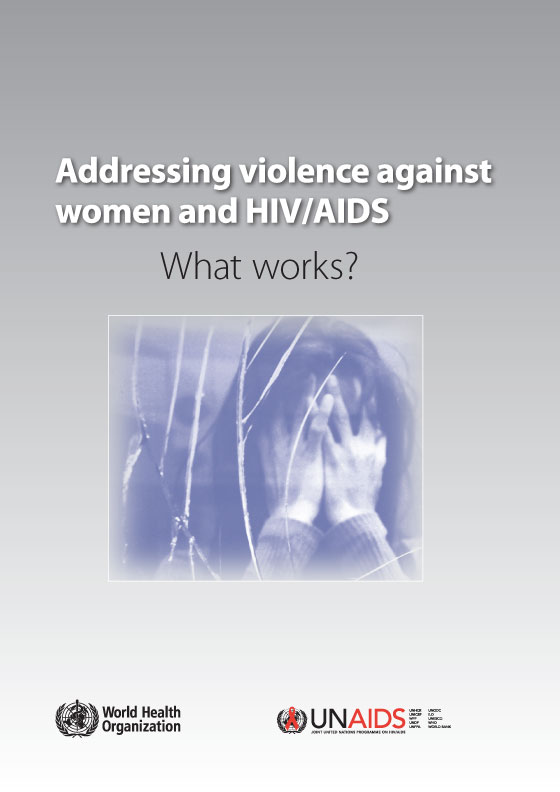
Research from countries in different regions of the world documents an undeniable link between VAW and HIV infection. The relationship between VAW and HIV risk is complex, and involves multiple pathways, in which violence serves both as a driver of the epidemic, and at times a consequence of being HIV positive. Rape is one potential […]
Let’s End It Now!

Sexual abuses are a severe and widespread problem in our correctional centres. The abuses range from forms of sexual harassment (like unwelcome sexual comments or gestures) to rape and gang rape. Much of it is perpetrated by inmates on other inmates, but it can also be perpetrated by staff against inmates and inmates against staff. […]
National HIV Counselling and Testing (HCT) Policy Guidelines
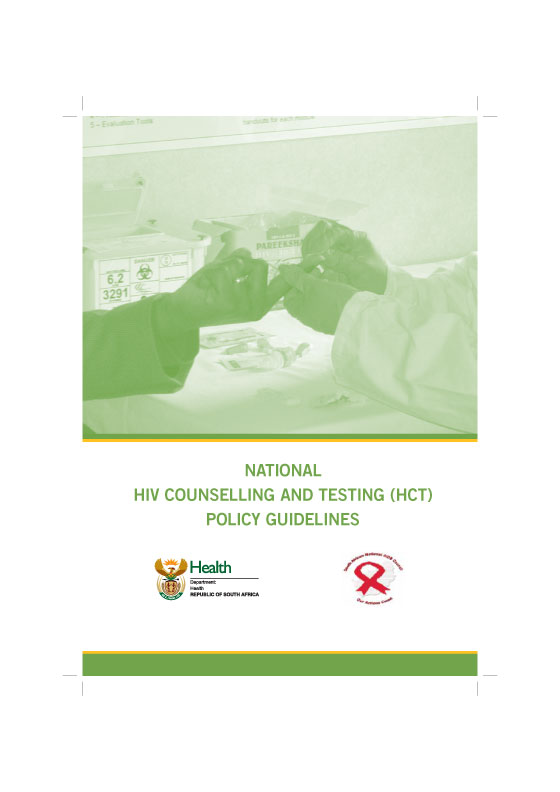
HIV Counselling and Testing (HCT) has become increasingly available in South Africa in recent years. More than 4500 public health facilities are offering provider-initiated testing and counselling (PICT) also known as routine HIV testing (RT) and client-initiated counselling and testing (CICT) also known as VCT. HCT is also offered through mobile services, as well as […]
UNFPA Africa Regional Framework on Partnering with Faith-Based Organizations for the Promotion of Gender Equality and Maternal Health 2010-2013
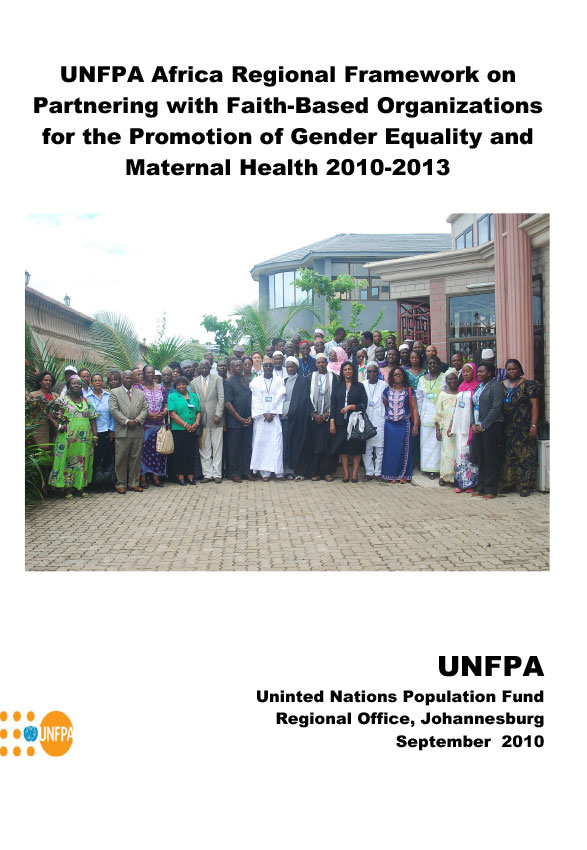
The purpose for developing this framework, is to make available a tool that will guide UNFPA’s technical and program support to countries and partners on partnering with faith based organizations (FBOs) for the promotion of gender equality and maternal health in Africa. The framework addresses the African contextual gender disparity and maternal health related issues; […]
The Second National HIV Communication Survey 2009
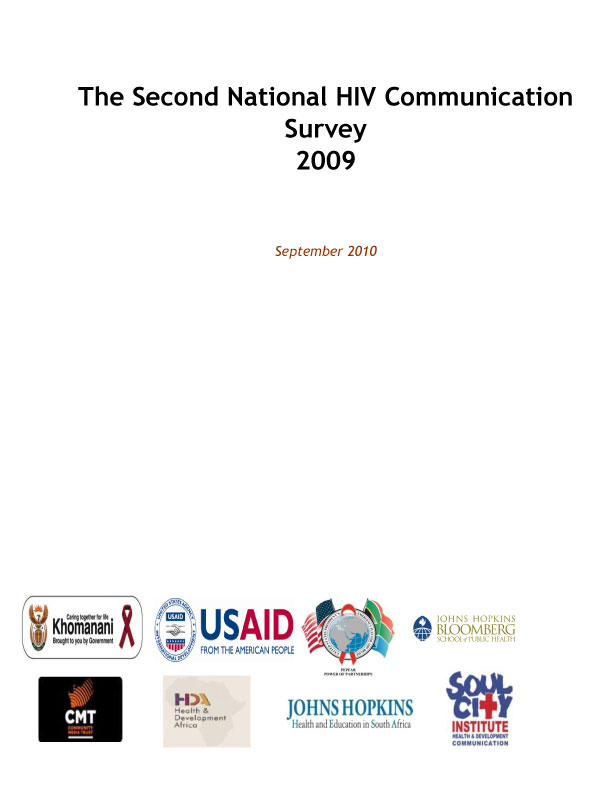
The Second National HIV Communication Survey (NCS) examined the impact of HIV communication programmes in South Africa on improving knowledge and reinforcing positive beliefs, norms and attitudes, which in turn sustain or bring about behavioural change in relation to HIV prevention, care, support and treatment. The intention of this report is to assist policymakers and […]
The South African Antiretroviral Treatment Guidelines 2010
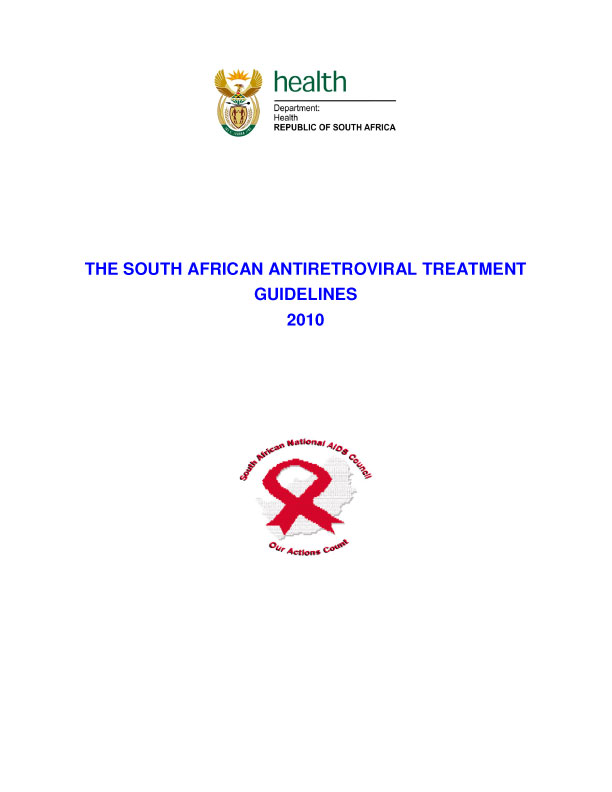
The goals of the programme are to achieve best health outcomes in the most cost-efficient manner; implement nurse-initiated treatment; decentralise service delivery to PHC facilities; integrate services for HIV, TB, MCH, SRH and wellness; diagnose HIV earlier; prevent HIV disease progression; avert AIDS-related deaths; retain patients on lifelong therapy; prevent new infections among children, adolescents, […]
Woman Know Your Rights
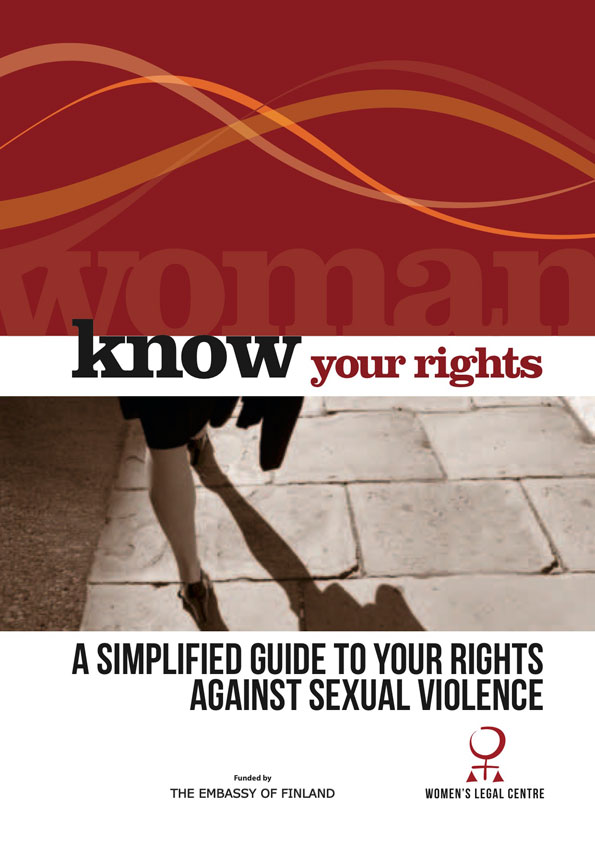
Women have a range of rights in relation to sexual violence, including the right not to have acts of sexual violence committed against them. The state and individuals have duties or obligations that they owe to women, including the duty to follow certain legal procedures when an act of sexual violence is committed against them. […]
Sexual Rights for All
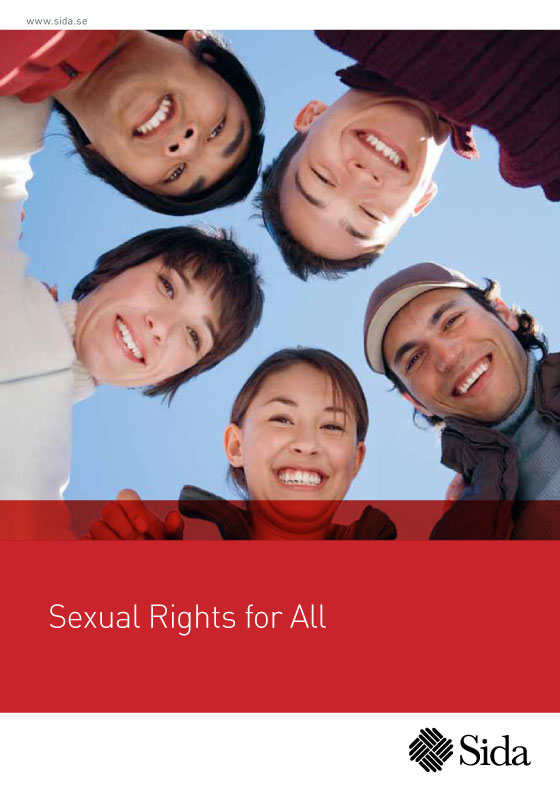
Sweden is strongly committed to and perceived as a champion of sexual and reproductive health and rights (SRHR). Although recognition of the connection between SRHR and poverty reduction has grown in development circles, there is a tendency to favor reproductive rights over sexual rights, despite the progressive plans of action in Cairo in 1994 and […]
Johns Hopkins Health & Education in South Africa
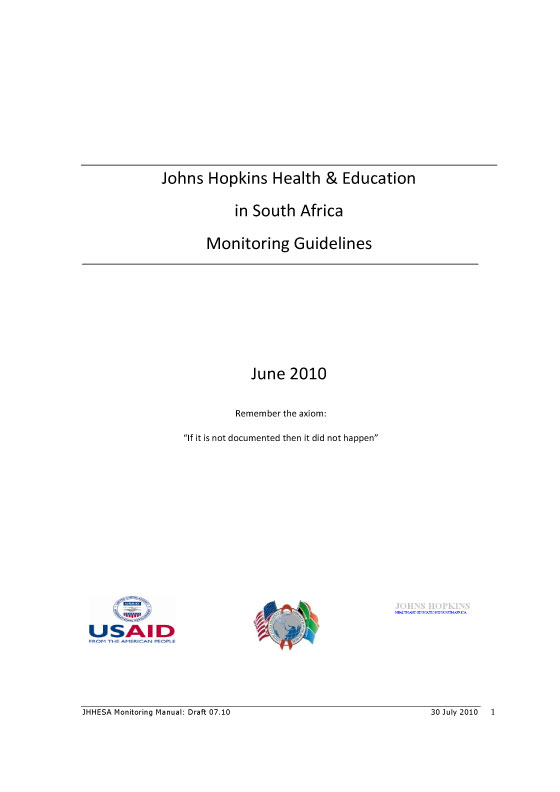
Johns Hopkins Health and Education in South Africa (JHHESA), an affiliate to the Johns Hopkins University Bloomberg School of Public Health’s Centre for Communication Programs based in Washington, is a USAID/PEPFAR funded programme that uses a strategic communication approach to improve the health and well being of all South Africans. JHHESA, together with its South […]
Making Gender Truly Relational
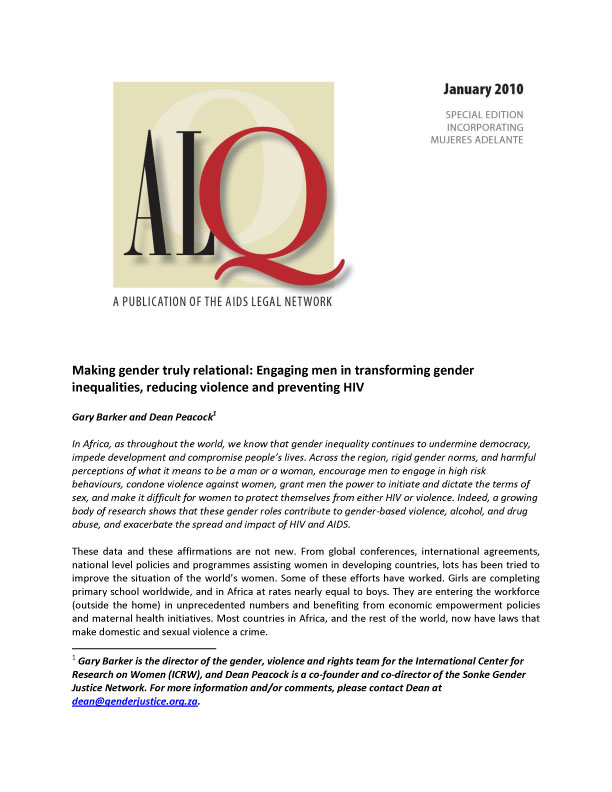
In Africa, as throughout the world, we know that gender inequality continues to undermine democracy, impede development and compromise people’s lives. Across the region, rigid gender norms, and harmful perceptions of what it means to be a man or a woman, encourage men to engage in high risk behaviours, condone violence against women, grant men […]
Venerated or reviled – who’s knowledge counts?
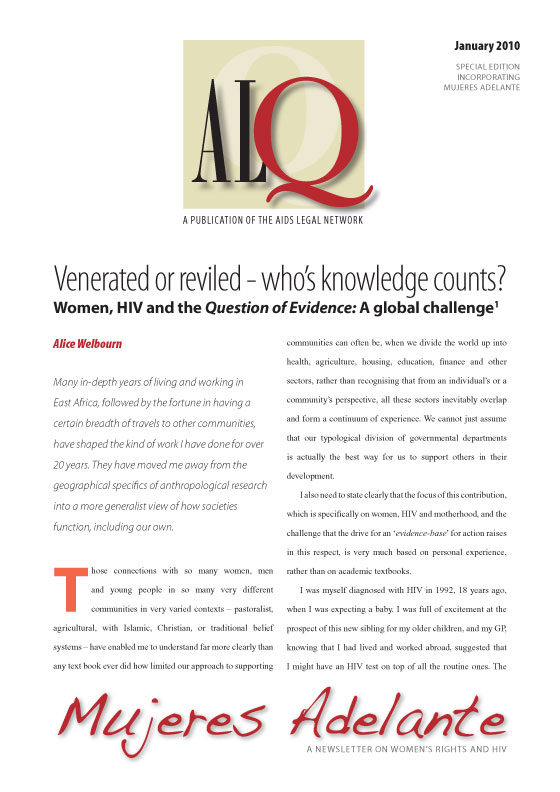
This newsletter explores some of the realities impacting on the extent to which women’s rights are accessible and realisable, as well as on the adequacy of responses to women’s risks and vulnerabilities to both HIV infection and human rights abuses. The ‘question of evidence’ as a global challenge in the response to women and HIV; […]
The AIDS Accountability Scorecard on Women 2009
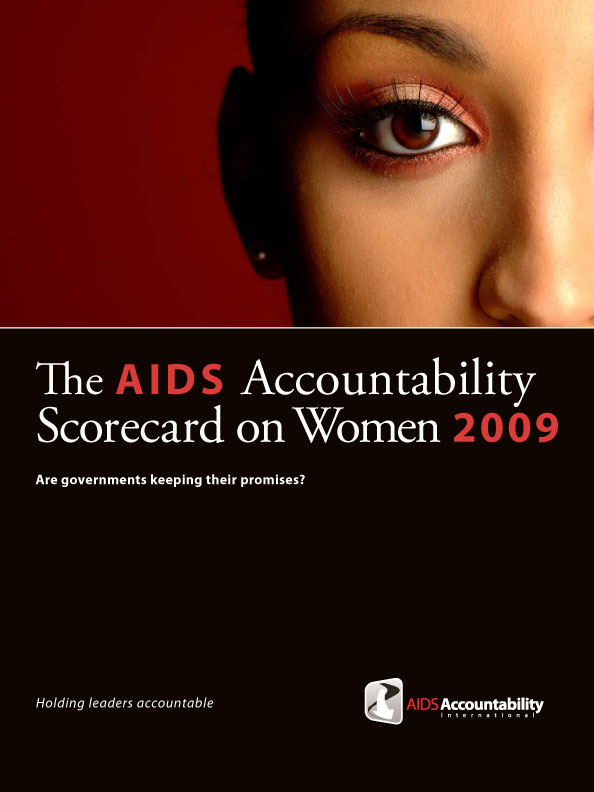
AIDS Accountability International (AAI) is an independent non-profit organisation established to increase accountability and inspire bolder leadership in the response to the AIDS epidemic. AAI does this by rating and comparing the degree to which public and private actors are fulfilling the commitments they have made to respond to the epidemic. Its assessments are presented in […]
Engaging Men for Gender Equality and Improved Reproductive Health
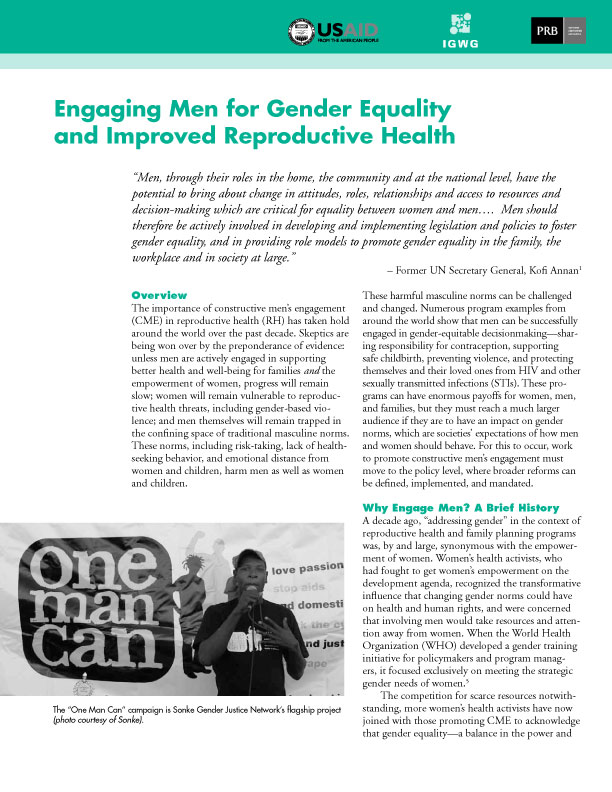
The importance of constructive men’s engagement (CME) in reproductive health (RH) has taken hold around the world over the past decade. Skeptics are being won over by the preponderance of evidence: unless men are actively engaged in supporting better health and well-being for families and the empowerment of women, progress will remain slow; women will […]

